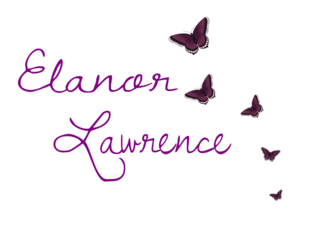When you’re writing a novel, you can spare a word or two. In a short story, every word counts. In a poem, every syllable has to be perfect.
Most poems are short, with fewer than 300 words. Have you ever tried to write a story that short? My short story, ‘Because You Laughed’ is around 3000 words. Most poems are only a tenth of that, and many are much shorter. And yet, somehow good poems manage to pack as much of an emotional punch as any good short story or novel, despite the fact that they are so much shorter.
How do they do that? One way is by choosing the absolutely perfect words. For novels, often we’re told to write simply and clearly. Dialogue tags are a bad thing. Use ‘walked’ instead of ‘ambled’ so that the reader can skim over it and get to the good stuff.
The thing with poetry is that it’s all good stuff. There are no boring parts in a poem, no really exciting scenes connected by a boring conversation or two. It all has to be perfectly crafted. And that means you probably don’t want the reader to skim over any part of the poem. You want your reader to savour every word.
That doesn’t mean that you should crowd your poem with ‘thee’s and ‘thou’s and ‘Werefore art thou, Romeo’s. Using long/archaic words doesn’t necessarily help your poem. On a related note, don’t ever use a word that you’re not sure of its meaning (this goes for novels, too) just because it sounds good. I have seen people use long words just because they think it makes them look smart, when they’re actually using it in the wrong way.
Make sure you know exactly what all your words mean. Know all the possible meanings. Don’t just know that ‘ambled’ means ‘walked.’ Know that ‘ambled’ means ‘walked, somewhat slowly, a little lazily, sort of slow and steady, without-a-care-in-the-world kind of walk.’ You won’t find that definition in a dictionary, but you need to know the associations that come with the word. If your character is upset, you don’t want to say that they ‘ambled quickly.’ That’s an oxymoron, and it really doesn’t fit.
Choose words by their precise meaning. Choose the perfect words. Don’t settle for the one you think of first. Use a thesaurus, use your brain, read other poems. Do whatever it takes, but find the absolutely perfect word for your particular use. Listen to how it sounds, and the context other writers have used it in. Always remember, in poetry every word must be perfect.




No comments:
Post a Comment